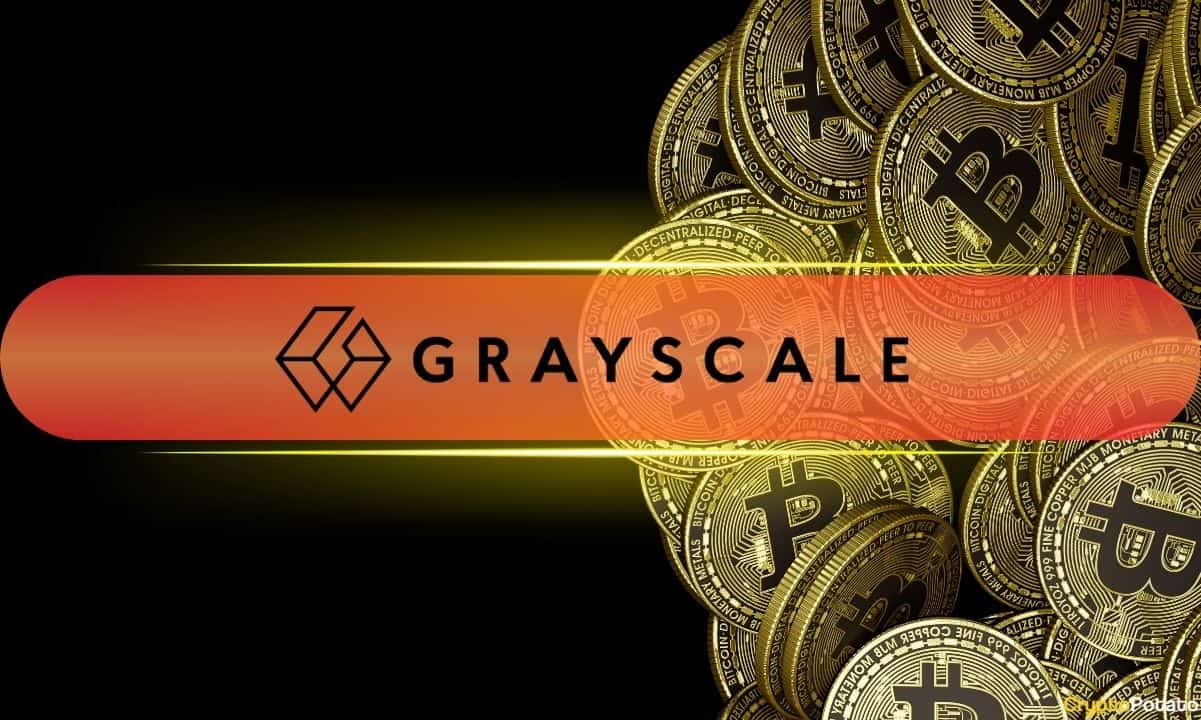Coinbase CEO Advocates for Interest-Bearing Provisions in US Stablecoin Legislation

TLDR
- Coinbase CEO Brian Armstrong advocates for legislation allowing stablecoin holders to earn “onchain interest”
- Current stablecoin bills (STABLE Act and GENIUS Act) do not permit interest-bearing stablecoins
- Armstrong argues consumers could earn around 4% yield compared to 0.41% average savings account interest
- Enabling onchain interest could promote dollar dominance globally and benefit the US economy
- Stablecoin issuers already hold reserves in US Treasuries but typically keep interest rather than distributing it to holders
Coinbase CEO Brian Armstrong is calling for changes to proposed stablecoin laws that would allow holders to earn interest directly from their digital assets, similar to traditional bank accounts.
In a March 31 post on social media platform X, Armstrong argued that stablecoin issuers should be “allowed to, and incentivized to, share interest with consumers.” He believes this approach would be “consistent with a free market approach.”
— Brian Armstrong (@brian_armstrong) March 31, 2025
Currently, two competing pieces of federal stablecoin legislation are working through the US legislative process. These are the Stablecoin Transparency and Accountability for a Better Ledger Economy (STABLE) Act and the Guiding and Establishing National Innovation for US Stablecoins (GENIUS) Act.
Neither bill currently allows for interest-bearing stablecoins. The STABLE Act includes language that explicitly prohibits “payment stablecoin” issuers from paying yield to holders.
Similarly, the GENIUS Act, which recently passed the Senate Banking Committee with an 18-6 vote, has been amended to exclude interest-bearing instruments from its definition of a “payment stablecoin.”
Armstrong pointed out that while stablecoins have found market fit by “digitizing the dollar and other fiat currencies,” adding onchain interest would allow “the average person, and the US economy, to reap the full benefits.”
He highlighted the gap between potential yields and what consumers typically receive. According to Armstrong, if legislative changes allowed stablecoin issuers to pay interest to holders, US consumers could earn a yield of around 4% on their holdings.
This rate would far outstrip the 2024 average interest yield on consumer savings accounts, which Armstrong cited as 0.41%. With inflation near 3%, many Americans are actually losing purchasing power with traditional savings accounts.
Why Stablecoin Interest Matters
Stablecoin issuers already hold US Dollar reserves in low-risk investments such as short-term US Treasuries. But unlike banks, they typically retain the interest earned rather than distributing it to stablecoin holders.
Armstrong defines onchain interest as “the ability of a stablecoin to function as a form of payment and directly deliver interest earned on reserve assets to the stablecoin holder, effectively an interest-bearing checking account.”
The Coinbase CEO argues that onchain interest could benefit the broader US economy by incentivizing global use of US dollar stablecoins. This could extend “dollar dominance in an increasingly digital global economy,” according to Armstrong.
He also suggested that the potential for higher yields than traditional savings accounts would result in “more yield in consumers’ hands means more spending, saving, investing — fueling economic growth in all local economies where stablecoins are held.”
Armstrong warned that without onchain interest, “the U.S. misses out on billions more USD users and trillions in potential cash flows.”
The push for interest-bearing stablecoins has gained support from others in the crypto industry. Bitwise Chief Investment Officer Matt Hougan expressed support for Armstrong’s position, questioning opposition to yield-bearing stablecoins.
Hougan responded to arguments that suggested stablecoin issuers offering interest could affect bank deposits and their ability to offer mortgages. He countered that “free markets will develop a new way for customers to get loans to buy houses.”
Armstrong framed the issue as one of fairness. He stated, “Consumers deserve a bigger piece of the pie. Opening the door for onchain interest will force us all to up our game for the ultimate benefit of consumers, and will keep this innovation onshore.”
Some regulatory experts have noted that yield-bearing stablecoins could face more complex regulation due to similarities with securities. This is likely why current legislation has avoided including provisions for interest-bearing features.
Representative Bryan Steil commented on the current state of the STABLE Act, telling Eleanor Terrett, host of the Crypto in America podcast, that the two pieces of legislation are positioned to “mirror up” following a few more draft rounds in the House and Senate.
“At the end of the day, I think there’s recognition that we want to work with our Senate colleagues to get this across the line,” Steil said about the path forward for stablecoin legislation.
Armstrong sees the current moment as a unique opportunity to modernize the financial system. With what he described as a “pro-crypto administration and Congress actively working on stablecoin regulation,” he believes now is the time to act.
According to Armstrong, lawmakers have a choice: “We can either modernize the system to benefit consumers — or protect an outdated one that enriches middlemen.”
The Coinbase CEO particularly emphasized the potential global impact of interest-bearing stablecoins. He noted that billions of people in underbanked regions could gain access to US dollars or alternatives to volatile local currencies.
Armstrong suggested that allowing interest-bearing stablecoins would help onboard a new wave of global users into “an instant, transparent, and accessible financial system with just an internet connection.”
“No branch visits, no excessive overdraft or remittance fees. It’s equal financial access for everyone, powered by crypto rails,” Armstrong wrote in his post.
What's Your Reaction?
 Like
0
Like
0
 Dislike
0
Dislike
0
 Love
0
Love
0
 Funny
0
Funny
0
 Angry
0
Angry
0
 Sad
0
Sad
0
 Wow
0
Wow
0































